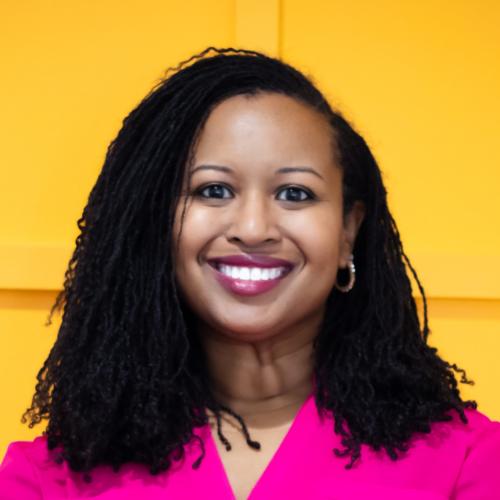Research
Specialty
Cognitive-Communication Disorders Associated with Sport-related Concussion/Traumatic Brain Injury
Funding
Co-PI: (2024). Integrating Culturally Adapted Principles in Cognitive Communication Rehabilitation. $8,950. ASHA Grant on Multicultural Activities, ASHA.
PI: (2022). BisonOpen Summer Academy. $2,000. Howard University Center for Excellence in Teaching, Learning, and Assessment (CETLA).
PI: (2022). Teaching with Active Learning. $500. Lumen Circles Fellowship: Evidenced Based Teaching. Lumen Circles & Howard University Center for Excellence in Teaching, Learning, and Assessment (CETLA).
PI: (2021). Sport-related concussion and cognitive-communicative skills among persons from racially/ethnically diverse backgrounds. $500. 2021 Junior Faculty Writing & Creative Works Summer Academy, Howard University.
PI: (2019). Verbal reasoning and working memory skills in student-athletes with and without concussion. $10,000. Howard University Summer Research Fellowship Grant.
PI: (2019). Conference attendance and research materials. $1,000. Hughes/Liggins Fund 2019-2020- Intramural.
PI: (June 2018). The speech-language pathologist’s role in increasing knowledge and attitudes of athletes on cognitive-communication symptoms associated with concussion. $10,000. Howard University Summer Research Fellowship Grant.
PI: (2018). Learning while leading: Supporting Intercultural Development through Study Away, Madrid, Spain. $2000. Council on International Education Exchange.
Group Information
Center for Cognitive-Communicative Skills Clinic and Research Lab (CCC Skills).
-Managing brain and sports-related injuries.

